Leveraging Artificial Intelligence for Intelligence Analysis
How Artificial Intelligence can be used to aid intelligence analysts

Introduction:
In the rapidly evolving landscape of technology, Artificial Intelligence (AI) has emerged as a powerful tool with the potential to transform various industries. One such domain where AI is making significant strides is in the field of intelligence analysis. Intelligence analysis plays a crucial role in national security, law enforcement, and strategic decision-making. The integration of AI into intelligence analysis processes has the potential to enhance efficiency, accuracy, and the overall effectiveness of intelligence agencies.
Data Processing and Pattern Recognition:
One of the primary contributions of AI to intelligence analysis lies in its ability to process vast amounts of data at unparalleled speeds. Intelligence agencies deal with massive datasets from diverse sources, including open-source information, surveillance, and communication intercepts. AI algorithms, particularly machine learning models, can efficiently sift through this data, identifying patterns, trends, and anomalies that might be challenging for human analysts to discern.
Machine learning algorithms, such as natural language processing and computer vision, can be applied to analyze textual and visual information. Sentiment analysis, for instance, helps gauge public opinion from social media, while image recognition can assist in identifying individuals or objects in surveillance footage. These capabilities significantly expedite the initial stages of intelligence gathering and analysis.
Predictive Analysis and Threat Detection:
Artificial Intelligence excels in predictive analysis by extrapolating patterns and trends from historical data. This capability is invaluable in identifying potential threats and anticipating future events. Machine learning models can analyze historical intelligence data to identify common indicators of impending security risks, allowing intelligence agencies to proactively address emerging challenges.
Furthermore, AI can enhance threat detection by continuously monitoring diverse data streams for abnormal activities. Anomaly detection algorithms can automatically flag deviations from established patterns, helping analysts identify potential security breaches, cyber threats, or terrorist activities. This real-time threat assessment is critical for prompt decision-making and response.
Collaboration and Information Sharing:
AI can facilitate collaboration and information sharing among intelligence agencies by providing a standardized and efficient platform for data integration. Interoperability among different systems is a longstanding challenge in the intelligence community, but AI can help bridge these gaps. Integrating AI into information-sharing platforms allows for seamless communication and collaboration, ensuring that relevant intelligence is disseminated in a timely manner.
Collaborative AI tools can enable multiple agencies to pool their resources and expertise, leading to a more comprehensive and holistic analysis. Additionally, AI-driven systems can automate the classification and categorization of information, streamlining the sharing process and reducing the risk of information silos.
Conclusion:
The integration of Artificial Intelligence into intelligence analysis holds immense potential for enhancing the capabilities of security and intelligence agencies. The speed, efficiency, and predictive analysis provided by AI contribute to more informed decision-making and proactive threat mitigation. However, it is crucial to balance the advantages of AI with ethical considerations, privacy concerns, and the potential for biases in algorithmic decision-making.
As technology continues to advance, ongoing research and development are necessary to refine AI applications in intelligence analysis, ensuring that these tools are robust, reliable, and aligned with ethical standards. The collaboration between human analysts and AI systems represents a powerful synergy that can revolutionize the way intelligence is gathered, analyzed, and acted upon, ultimately bolstering national security and safeguarding the interests of societies worldwide.











